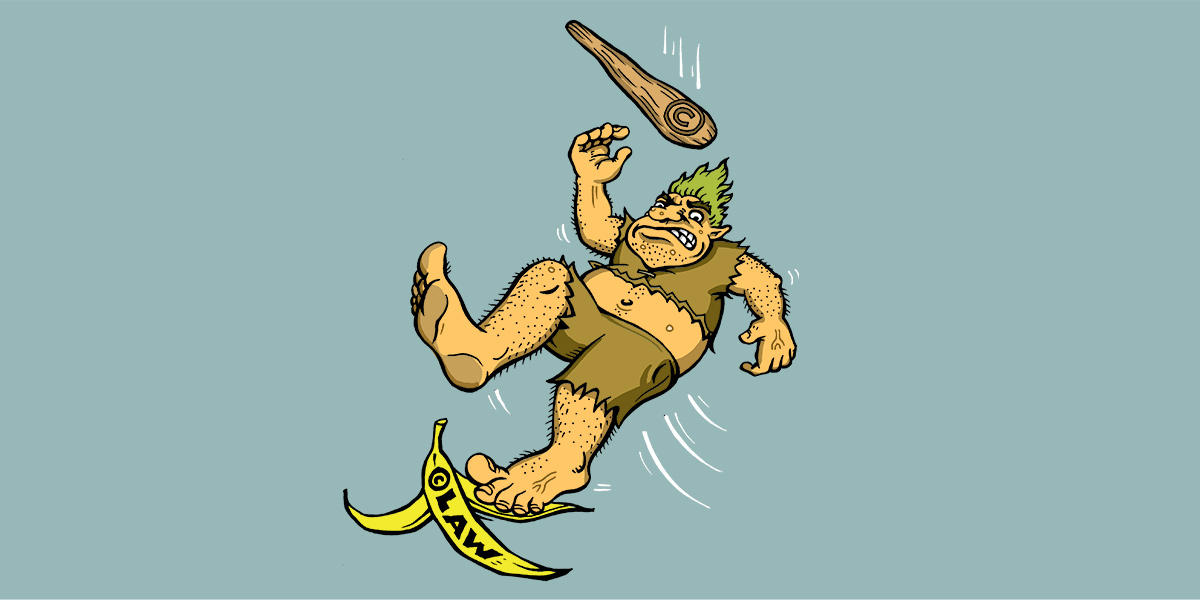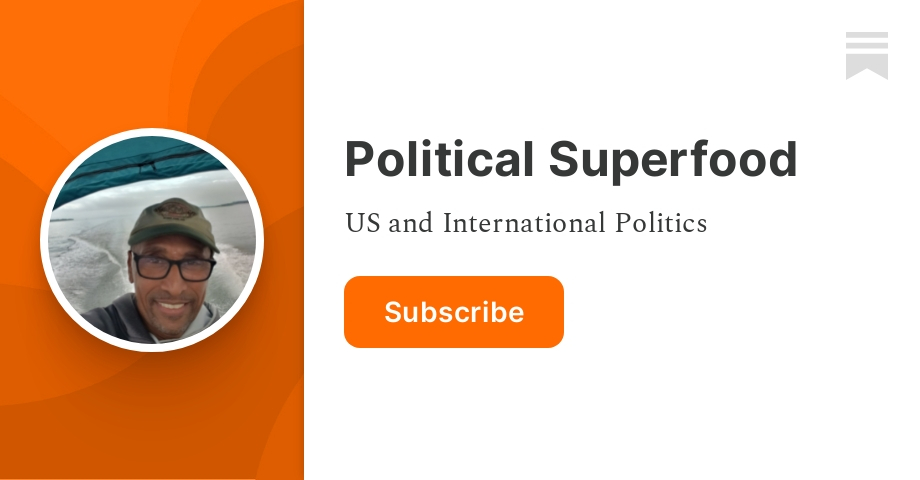- Messages
- 11,997
- Reaction score
- 2,587
- Points
- 238
They're out there. People who scour the internet looking for possible copyright violations (real or not) in the hopes of getting some $$$ from some poor soul. Certain news photographers are known for it.
There’s more to Strike 3, however. Here’s how U.S. Judge Royce C. Lamberth of Washington, D.C., described the firm:
“Strike 3 is ... a copyright troll,” Lamberth wrote in 2018. “Armed with hundreds of cut-and-pasted complaints and boilerplate discovery motions, Strike 3 floods this courthouse (and others around the country) with lawsuits smacking of extortion. It treats this Court not as a citadel of justice, but as an ATM.” He likened its litigation strategy to a “high-tech shakedown.”
More:

 www.latimes.com
www.latimes.com
Column: This porn company makes millions by shaming porn consumers
Strike 3 Holdings is a Southern California maker of pornographic films that identifies its products as “high-end, artistic, and performer-inspiring motion pictures produced with a Hollywood style budget and quality.” It has bragged that Greg Lansky, a former owner and the firm’s leading auteur, has been called the porn industry’s “answer to Steven Spielberg.”There’s more to Strike 3, however. Here’s how U.S. Judge Royce C. Lamberth of Washington, D.C., described the firm:
“Strike 3 is ... a copyright troll,” Lamberth wrote in 2018. “Armed with hundreds of cut-and-pasted complaints and boilerplate discovery motions, Strike 3 floods this courthouse (and others around the country) with lawsuits smacking of extortion. It treats this Court not as a citadel of justice, but as an ATM.” He likened its litigation strategy to a “high-tech shakedown.”
More:

Column: This porn company makes millions by shaming porn consumers
Strike 3 Holdings says it's the creator of 'artistic' and 'inspiring' pornography. Some judges call it a copyright troll that makes millions by threatening to out those who download its films.


